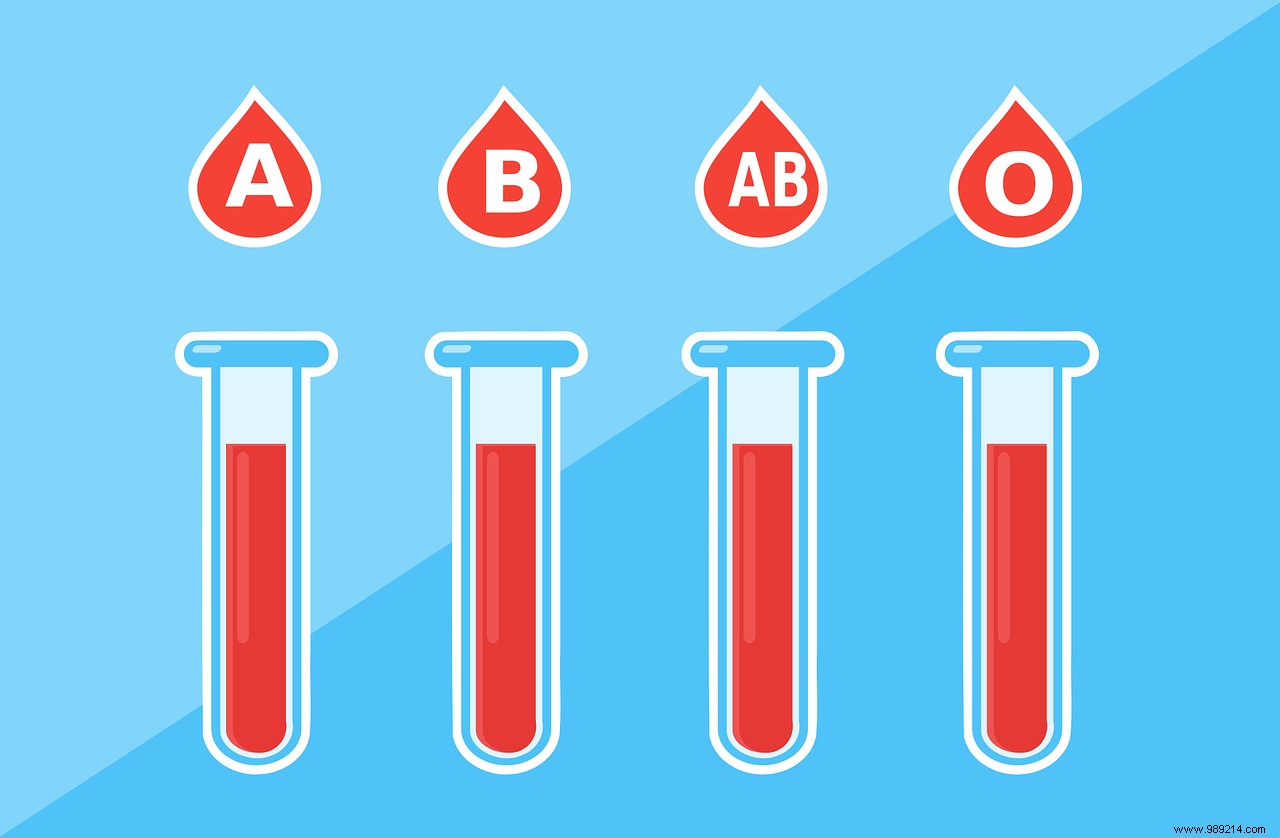A recent study suggests that 119 out of 195 countries do not have enough blood units to meet the needs of their wounded.
In our body, blood supports several vital functions. It is he who ensures the transport of oxygen, nutrients, cellular waste (CO2, nitrogenous waste) and hormones to our various organs. It also maintains our body temperature, our pH levels or even the balance of ions in our circulatory system. Without forgetting its protective effects against hemorrhages and infections.
A long time ago it was considered that blood should be removed in the event of trauma. The concept of injecting it for curative purposes is actually quite recent. The first real steps appeared in the 19th century. Since then, progress has been made, and today blood transfusions save millions of lives each year. But we lack blood.

Researchers at the University of Washington recently analyzed the global supply and demand for blood. Their study, published in the journal The Lancet , tells us that 119 countries out of 195 do not have enough units to meet the needs.
“ Other studies have focused on blood safety, such as the risk of transmitting infections such as HIV , explains Christina Fitzmaurice, lead author of the study. But ours is the first to identify the most critical shortages. Governments will have to do most of the work to increase donations, expand blood services and develop alternatives ” .
To arrive at these results, the researchers estimated the number of units of blood needed for about 20 medical conditions. They then used data from the 2017 Global Burden of Disease Study to determine the prevalence of the disease in each of 195 countries. They then estimated the quantity of blood needed to treat each patient requiring a blood transfusion, and compared this data with the quantities of units actually available.
Result:Researchers estimate that in 2017, around 272 million units of blood were available worldwide. While the needs exceeded 300 million units. But when the authors considered only the 119 countries where needs exceeded supply, they isolated a shortage of more than 100 million units.
The vast majority of these countries are in central, eastern and sub-Saharan Africa. In South Asia, too. For example, South Sudan would have only 46 units per 100,000 inhabitants. When, in India, demand seems to exceed supply by more than 400%. And it will only get worse.
“As more people gain access to care in low- and middle-income countries, the demand for blood transfusions will increase further , notes Meghan Delaney, co-author of the study. Without financial, structural and regulatory support, this gap between global blood supply and demand will continue to widen ” .
Source
Related Articles: